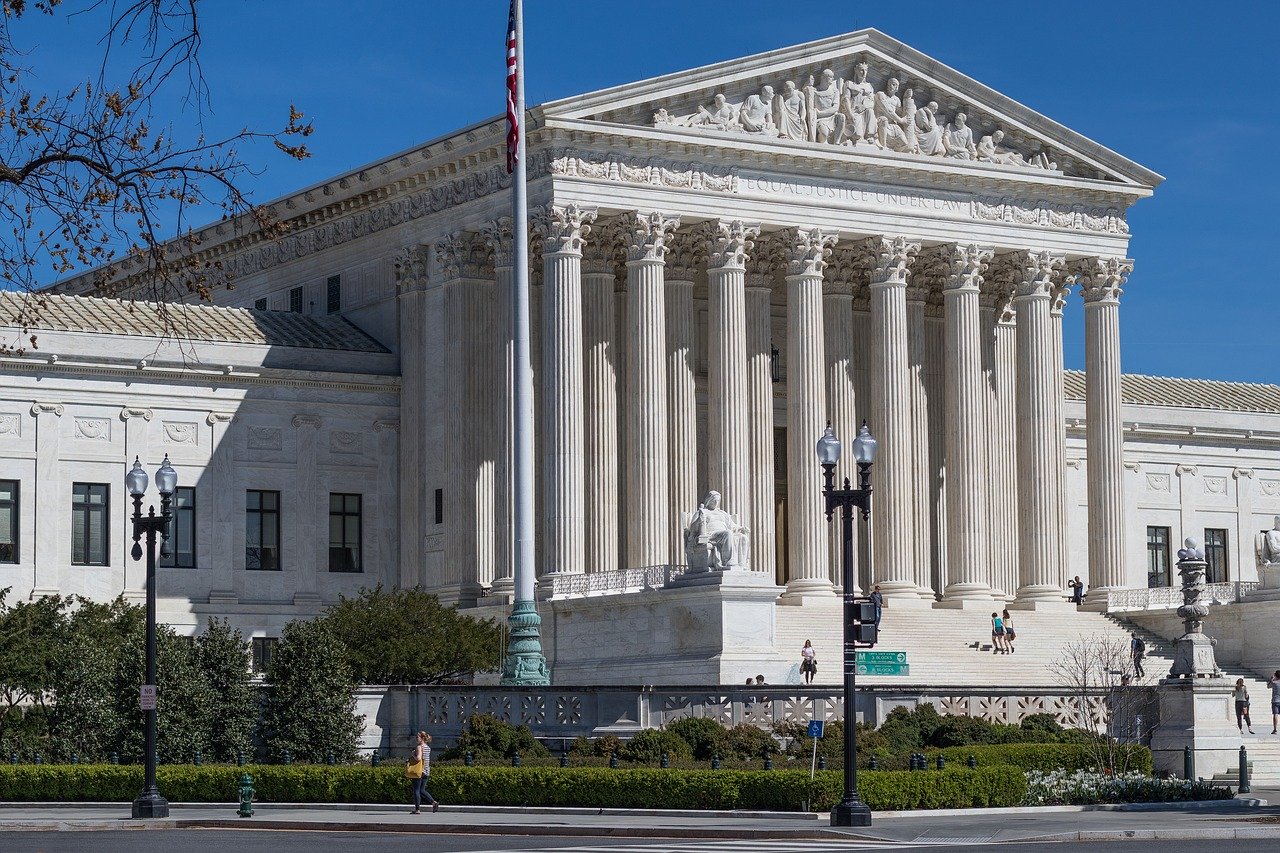First, a truism: Checks and balances are at the foundation of our national government. Second, a cliché: The U.S. is increasingly polarized. Combining these two, many commentators have been eager to forecast the end of checks and balances in a time of political jockeying. But they misunderstand the very aim of checks and balances. For instance, according to one op-ed in the New York Times, “Democratic institutions function only when power is exercised with restraint. When parties abandon the spirit of the law and seek to win by any means necessary, politics often descends into institutional warfare.” This misses the point altogether. On the contrary, our republic is designed to function even when power is not exercised with restraint, because that power is externally restrained by another power. A robust system of checks and balances isn’t necessary only during times of national agreement, but during times of disagreement. Separation of powers was designed precisely for times like these.
Checks and balances provide internal control of government actions. Power grabs are endemic to any system of government and every human institution. As James Madison argues in Federalist No. 51:
But what is government itself, but the greatest of all reflections on human nature? If men were angels, no government would be necessary. If angels were to govern men, neither external nor internal controls on government would be necessary. In framing a government which is to be administered by men over men, the great difficulty lies in this: you must first enable the government to control the governed; and in the next place oblige it to control itself. A dependence on the people is, no doubt, the primary control on the government; but experience has taught mankind the necessity of auxiliary precautions.
Checks and balances protect against an illiberal majority. A democracy still contains this hazard, since a majority faction with 51% of votes can strip rights away from the minority group. James Madison describes the challenge as securing “the public good and private rights against the danger of such a faction, and at the same time” preserving “the spirit and the form of popular government.” Perhaps some of the confusion on the purpose of checks and balances stems from the difference between a democracy and a constitutional republic. A republic contains separation of powers which safeguard individual rights. The U.S. Constitution provides a framework for checks and balances, under which no one is above the law and thus no one is the sole, ultimate creator of rules.
The Bill of Rights is also a crucial part of checks and balances. In 1943, the Supreme Court ruled in West Virginia Board of Education v. Arnette, “The very purpose of the Bill of Rights was to withdraw certain subjects from the vicissitudes of political controversy, to place them beyond the reach of majorities and officials, and to establish them as legal principles to be applied by the courts. … [F]undamental rights may not be submitted to vote; they depend on the outcome of no elections.” This is case in point; the Supreme Court ruled in protection of Jehovah’s Witnesses, a group making up less than 1% of the population. Minority opinions have greater protections now than during most of U.S. history.
This does not mean we should be entirely unconcerned about the erosion of checks and balances. The largest threat to checks and balances are agencies which attempt to circumvent the process altogether. Many federal agencies combine legislative, judicial, and executive abilities in one body. They hold the power to draft, review, and enforce new rules with few restraints. One possible solution to this problem is the Supreme Court. This year the Supreme Court ruled that the Consumer Finance Protection Bureau’s structure, in which one director had control over the entire organization and could only be removed “for cause,” was unconstitutional.
Numerous examples in recent history illustrate that voters intuitively understand the benefit of checks and balances. During midterms, voters are likely to favor the party which does not hold the presidency. In 2010 and 2014, Republicans picked up seats in Congress. Conversely, in 2018, a blue wave removed Republican majorities in the House and Senate. In each of these situations, the Congressional majority slowed the policies which the sitting president favored. Gridlock is a benefit, not a downside to our system. Instead of grand changes, gridlock ensures incremental development.
Recent controversies over presidential succession prove, rather than disprove, the system’s design. As the Trump campaign winds down its challenges to the election, we can see checks and balances at work. Even if President Donald Trump doesn’t honor the tradition of American abdication and concede to Joe Biden, the courts will ensure a smooth transition. The “kingmaking” power in the United States, placed in the various electors throughout the country, is extremely distributed. No one person has the final say on the outcome of the election. The judicial branch provides a fair hearing to arguments of fraud and ultimately could be a check to executive power.
The need for checks and balances isn’t proven in a time of relative ease but in years of tumult. During times like these, the effective design of our republic is evident. Individual power is diluted while preserving individual rights and representation. Competing interests are able to be reconciled through the political process. This is why during the past four years, we have had extremely heated rhetoric and fraught interparty relations combined with relatively moderate policies, such as tax reform. Expect a similar pattern in the coming years. In a satisfying paradox, our system of checks and balances can translate even the most maddening politics into moderate policies.

